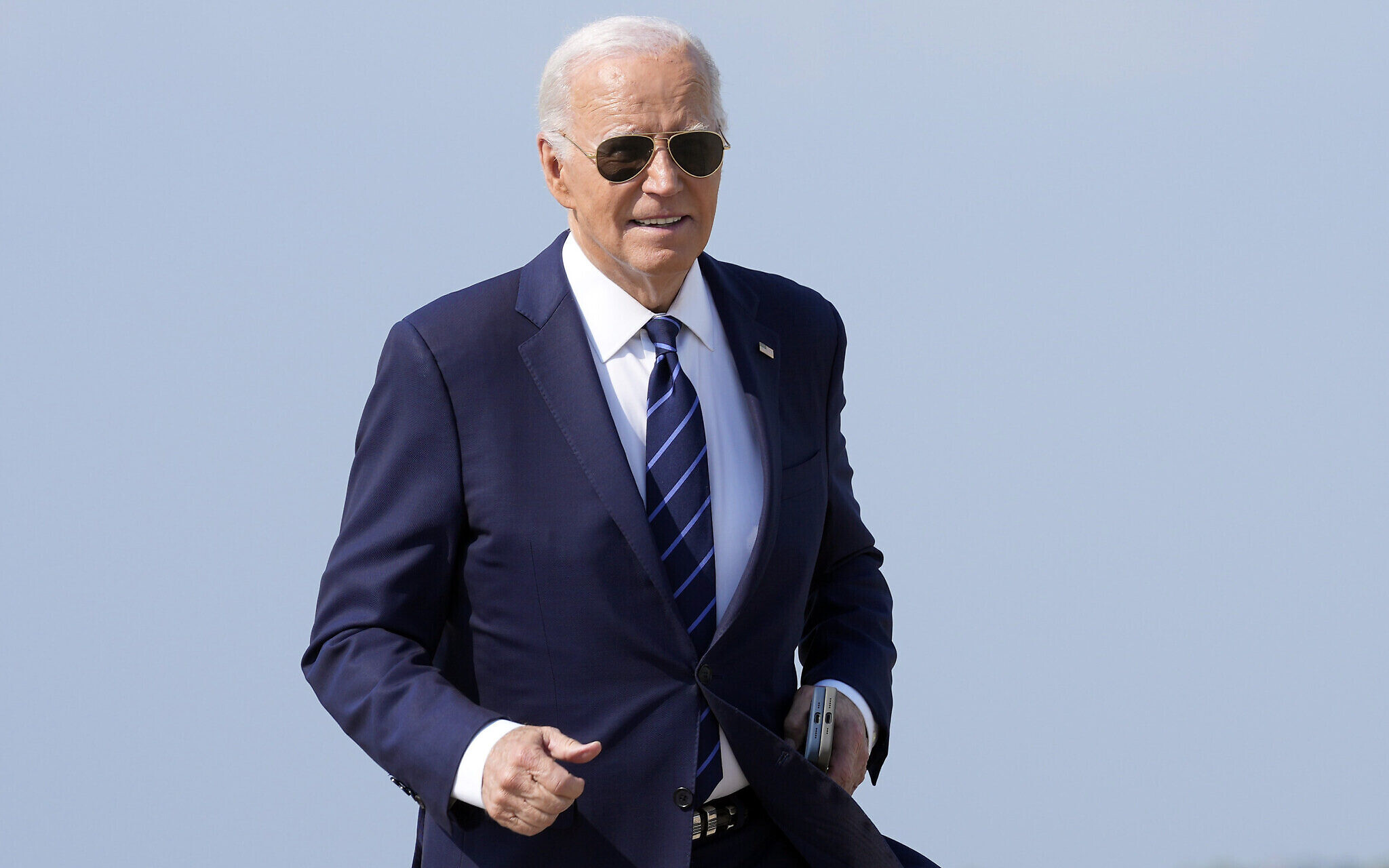
Biden travels to Germany to discuss Ukraine and the Middle East
The leaders of Germany, France, and Britain will meet with U.S. President Joe Biden in Berlin on Thursday to address Russia’s invasion of Ukraine, while Kyiv calls on its western allies to act quickly to put an end to the conflict.
Due to the failure of diplomatic efforts to stop the fighting, the leaders’ discussions are also anticipated to focus heavily on the Middle East’s quickly growing war.
Last week, as part of a three-day state visit to Ukraine that would have been the first in almost 40 years, Biden was supposed to summon a larger gathering of Ukraine’s military supporters at the U.S. Ramstein airfield in Germany.
This week’s brief visit is his way of making up for the trip he had to postpone in order to concentrate on handling the aftermath and aftermath of Hurricane Milton.
After arriving in Berlin late Thursday, the president will meet with the so-called European quartet in the afternoon after holding bilateral talks with Germany’s president and chancellor on Friday morning.
The trip is interpreted as a testament to Biden’s close working connection with German Chancellor Olaf Scholz, which he has maintained since the president’s departure in January.
With Moscow’s soldiers advancing in the east and a dismal winter of power outages looming, Ukrainian President Volodymyr Zelenskiy recently traveled to western capitals to offer his “victory plan” to terminate Russia’s invasion, which has been going on for more than two and a half years.
Before the travel, a senior U.S. administration official stated that the discussion with European leaders would focus on “the situation on the battlefield in Ukraine, the trajectory of the war, and how allies can best support Ukraine.”
Because it is unclear how both presidential candidates—former President Donald Trump, the Republican contender, and Vice President Kamala Harris, the Democrat—would manage the war, the urgency surrounding Ukraine is being heightened by next month’s U.S. presidential election.
When it comes to defending Ukraine’s democracy, sovereignty, and integrity, the United States and Germany are its strongest allies. Scholz told the German parliament on Wednesday, “And we will remain so.”
“But this is a time when, in addition to our clear support for Ukraine, we must also do everything we can to find out how we can ensure that this war does not go on forever, that it does not continue to kill an unbelievable number of women and men.”
An unconditional invitation for Ukraine to join NATO immediately is part of Zelenskiy’s strategy, which he claims is intended to compel the Kremlin to engage in sincere negotiations.
According to the senior U.S. official, Ukraine was invited to join NATO, but there was currently no agreement among NATO members to extend the invitation. He pointed out that Ukraine was on a “irreversible path” to inclusion, as confirmed by the alliance in July. “The question is about the tactics of … how to encourage that path,” he continued.
Additionally, Biden’s travel coincides with concerns that the Middle East conflict may become more widespread and turn into a full-scale war between Iran and Israel. At the meeting, that matter would also be discussed, the U.S. official stated.
Israel, which has grown more isolated due to its military campaign in the Palestinian enclave of Gaza, which local authorities claim has killed over 42,000 people, has tight connections with both the United States and Germany.
Scholz declared on Wednesday that “we will not accept Iran attacking Israel with missiles.” “That can’t occur.” No more destabilization of the region is acceptable. Iran is also experimenting with fire. It has to end.
All Categories
Recent Posts
Tags
+13162306000
zoneyetu@yahoo.com



